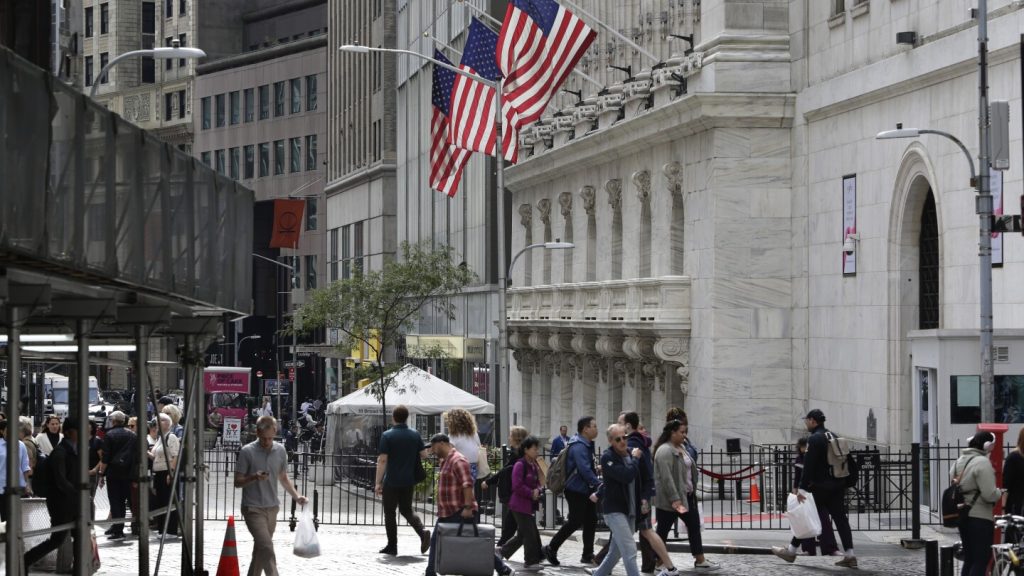Crude prices surged on Thursday on concerns about escalating tensions in the Middle East potentially disrupting the global oil supply. This led to a pullback in U.S. stocks from their record highs earlier in the week. The S&P 500 fell 0.2%, the Dow Jones Industrial Average dropped by 0.4%, and the Nasdaq composite edged down slightly. The rise in oil prices was triggered by worries regarding how Israel would respond to Iran’s recent missile attack and President Joe Biden suggesting the possibility of a strike by Israel against Iranian oil facilities.
The uncertainty in the Middle East raised concerns about potential disruptions in the oil supply chain, particularly from Iran, a major oil producer. A broader conflict could impact not only Iran’s oil exports to China but also neighboring countries critical to global crude oil flow. Despite the rise in oil prices, there are indications that oil supplies are currently ample, with Brent crude prices having fallen to their lowest level in nearly three years last month. In the bond market, Treasury yields rose after reports underscored the strength of the U.S. economy, although there are signs of slowing hiring trends.
The primary concern on Wall Street amidst the geopolitical tensions is whether the job market will remain robust after the Federal Reserve kept interest rates at a two-decade high to combat inflation. Investors are optimistic about the U.S. economy’s growth prospects with expectations of further interest rate cuts from the Federal Reserve to stimulate economic activity. China is also considering additional support for its economy, signaling strong policy support for economic growth globally. The upcoming jobs report will provide insight into the hiring trends, with expectations of a slight slowdown compared to the previous month.
On the stock market, Levi Strauss faced a drop in share price despite reporting better-than-expected profits for the latest quarter, citing revenue that fell short of forecasts. Nvidia, on the other hand, saw a 3.3% gain, providing a boost to the S&P 500 index. The tech company’s performance reflected a rebound following concerns about its valuation during a period of AI technology hype. Overall, the S&P 500 closed at 5,699.94, the Dow dropped to 42,011.59, and the Nasdaq composite slipped to 17,918.48. Treasury yields rose, indicating changing expectations for future Fed interest rate cuts.
Traders are adjusting their expectations for the Federal Reserve’s upcoming meeting in November, with bets shifting towards a quarter-point interest rate cut instead of a larger reduction. Global stock markets, including Japan’s Nikkei 225 and Hong Kong’s Hang Seng, experienced fluctuations amid speculation about central bank policies and economic announcements. Overall, the markets are reacting to a combination of geopolitical tensions, economic data, and central bank actions, highlighting the interconnectedness of global financial markets and the impact of geopolitical events on investor sentiment.















